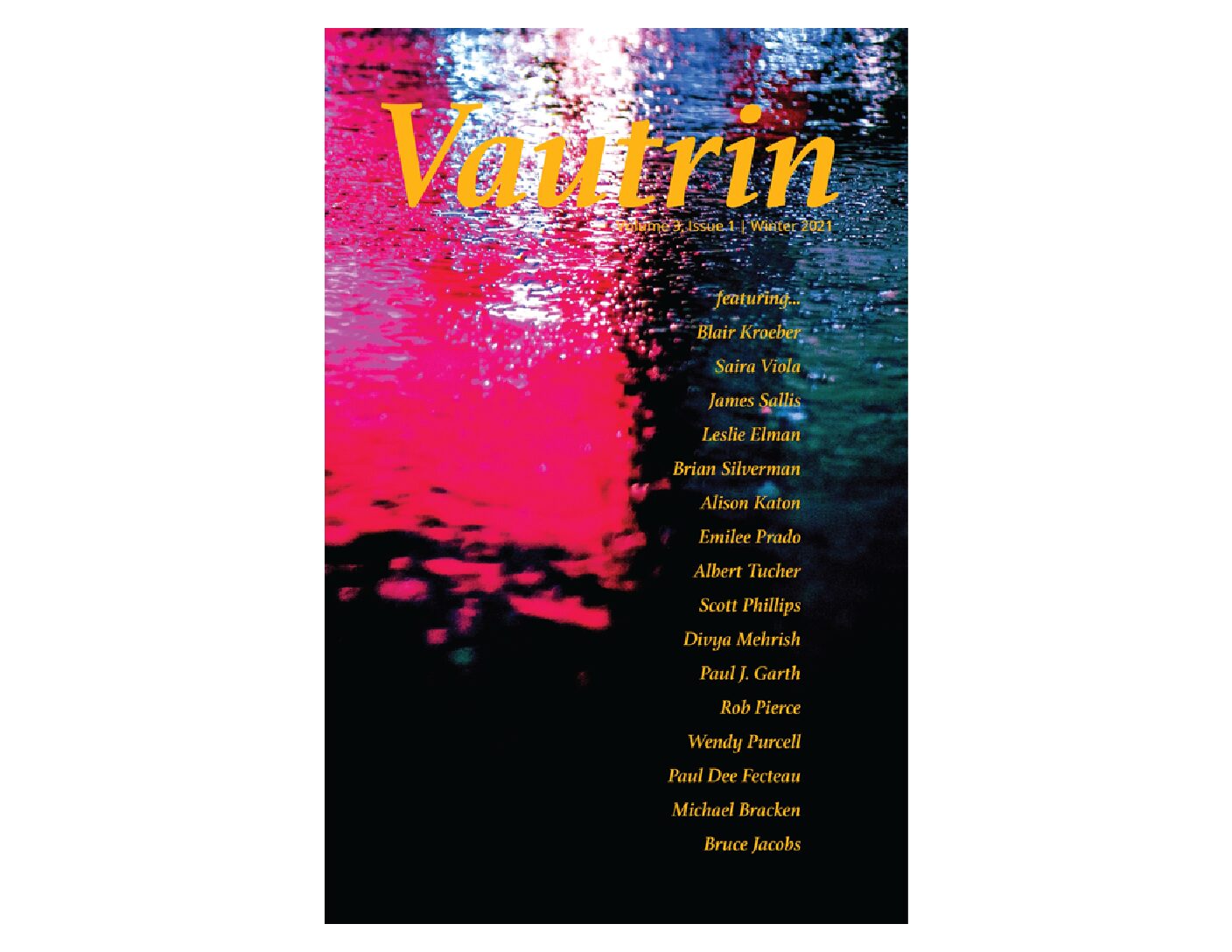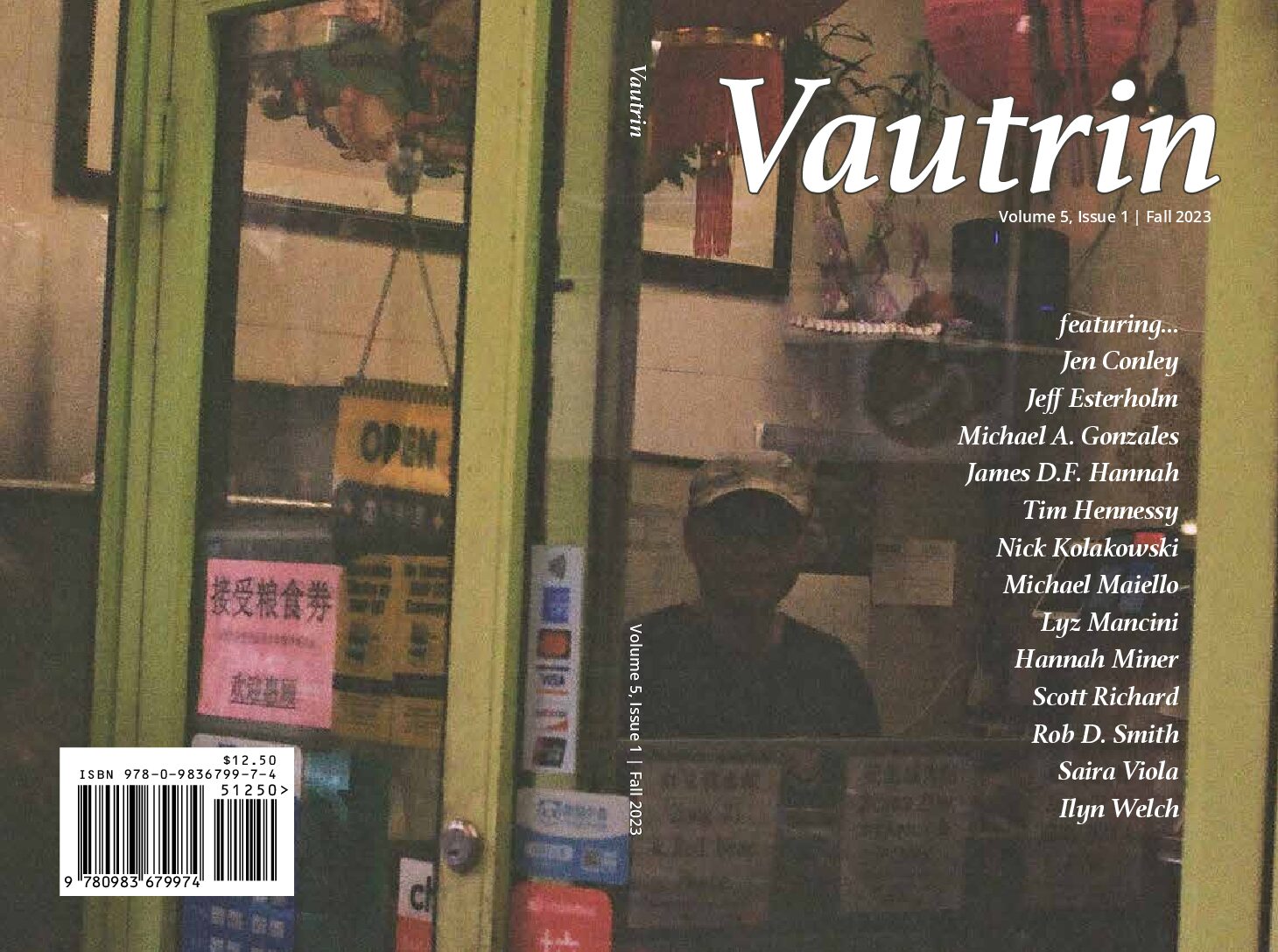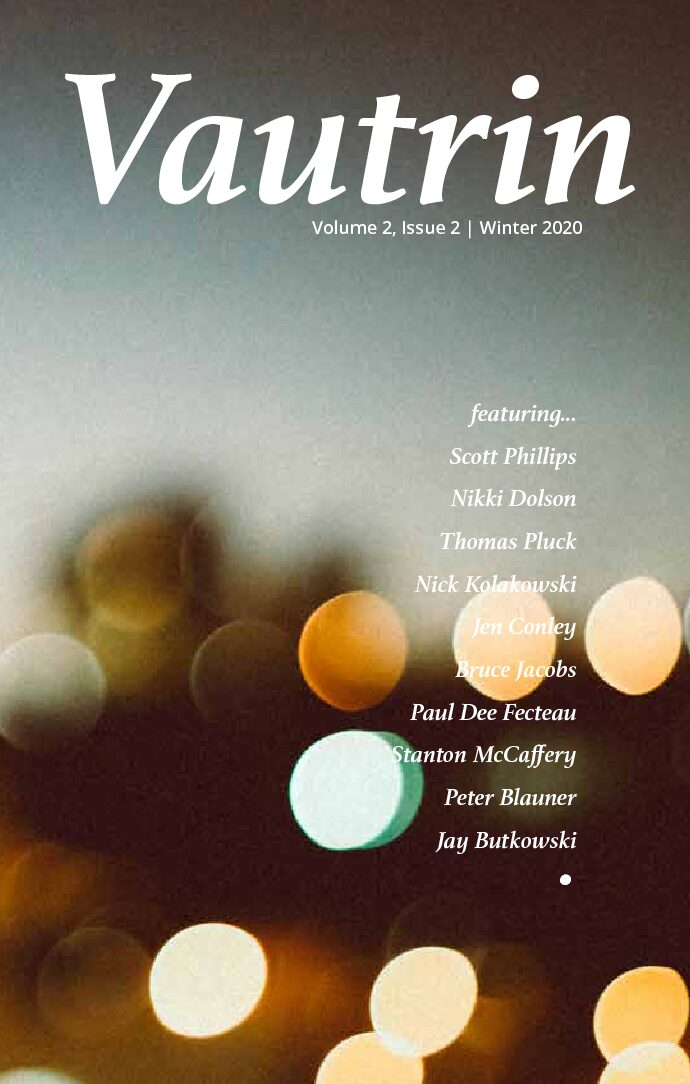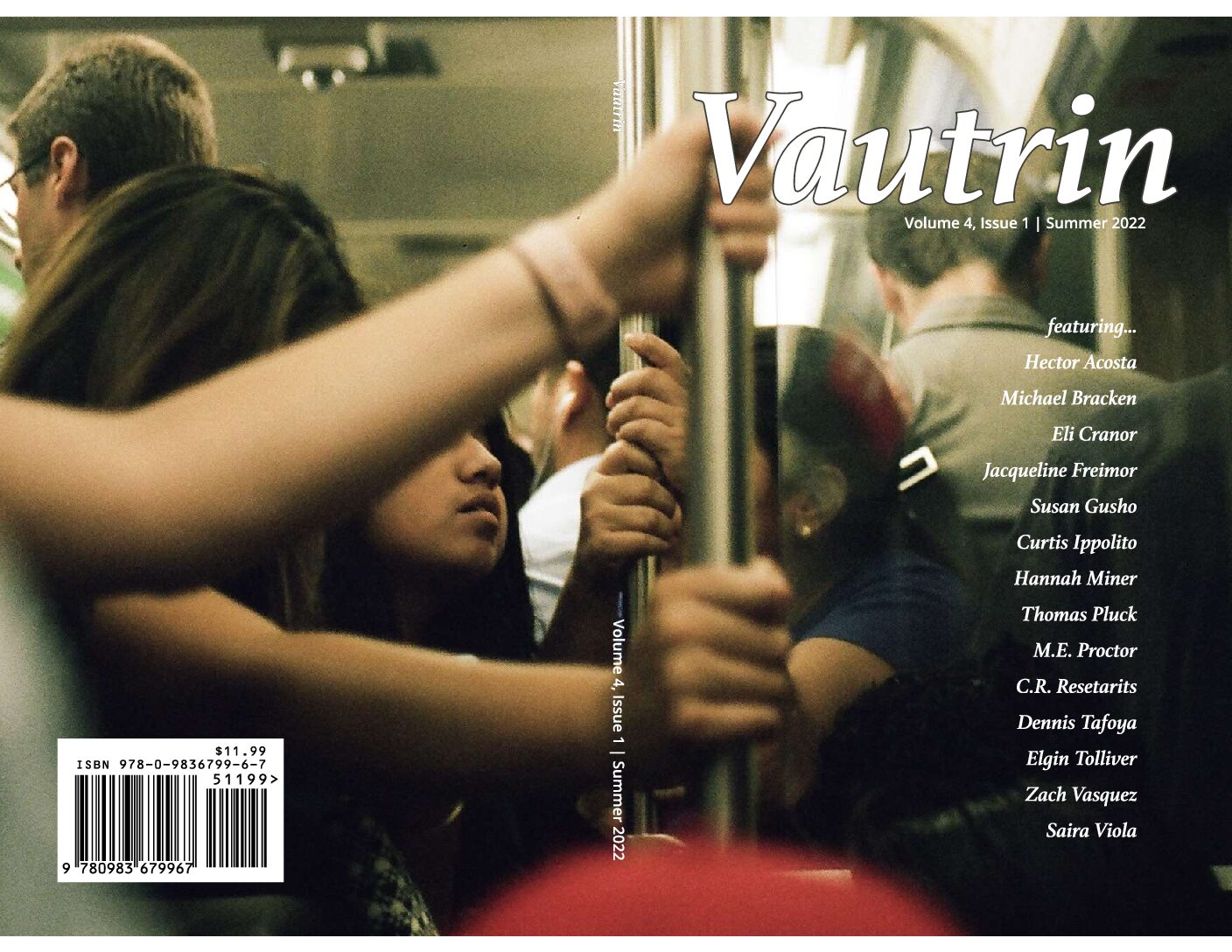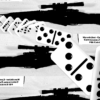By Elgin Tolliver /
For some time now, I’ve jonesed for a Friday night poker game. I want it to be played in a back-alley walk-up, fog hovering over the street, the smell of cigars, a table in the corner to pour yourself a drink. High stakes have zero to do with it. I’d probably play conservatively. It’s all about the cards, the sound of chips landing, trying to see when somebody’s bluffing.
Maybe my recent preference for the crime fiction backlist aligns with my poker mood, somehow. It’s as if the books I like and the cats I played cards with went someplace else without telling me. Or maybe I settled into a different routine, myself. My old poker friends did likewise.
Lately, I’ve been going for mass market paperbacks, mostly from the fifties and sixties. I pick them up at used stores wherever I go.
This week, I took in John D. MacDonald’s On the Make, in which my lady Antoinette Rasi gets shafted. The perpetrator of this injustice is the guy I guess I’m supposed to be pulling for, the protagonist and narrator, Tal Howard.
Tal is one of those odd yet strangely plentiful American ducks who carry a thieving gene alongside a puritanical streak. Life hasn’t always been fair to good old Tal, so he believes he’s owed a few mulligans.
His quest comes down to this: during a stint in a Korean War POW camp, a fellow prisoner on the brink of death confessed to a crime. Before the war, the guy embezzled sixty thousand dollars from his very own business partner and brother. Tal knows the cash is stashed somewhere in the small town of Hillston, and that an old girlfriend of the dead POW might know the likely hiding place.
That’s where Antoinette comes in. Back when the POW ran around with her, she lived on what used to be called the wrong side of the tracks. These days, she works as “an entertainer” in a town sixty miles from Hillston. Tal finds her in a casino, escorting haughty if nondescript military brass. He observes:
Antoniette Rasi stood beside him and laughed up at him. It was the face of the high school picture, matured, not as sullen. Her tumbled hair was like raw blue-black silk. She held her folded rebozo over her arm. Her brown shoulders were bare. She was warm within her skin, moving like molten honey, teeth white in laughter against her tan face. Wide across the cheekbones. Eyes deep set. Nose broad at the bridge. Feral look. Gypsy look. A mature woman so alive she made the others in the room look two dimensional, as though they had been carefully placed there to provide their drab contrast to her look of greedy life.
Arrangements are made on the sly to meet Antoinette the next day. Tal goes to her apartment. He discovers she’s fast on her feet, worldly and witty, fond of money and plenty of it (owing to her impoverished childhood), yet not immune to empathy for those who have hit hard times. Maybe the reader is supposed to believe that last bit is an act, that a woman who works as an entertainer must have a stone-cold heart through-in-through, but her warmth comes off as part of who she is.
Tal makes his mind up about her, though, deciding she can’t be trusted, that she’s expendable, even as he talks her into helping him find the money.
Here’s how our hero deals with Antoinette in the back half of the book: he roots around in her belongings, turning up six thousand in cash, plus jewelry, which he bargains away, mostly to save his own sorry ass. He gets her killed when they go to the hiding place and turns conveniently philosophical as he views her bullet-ridden corpse, saying, “I looked at her and wondered if this, after all, had been what she was looking for.” The trouble with this take is that nothing in the portrayal of Antoinette suggests she harbors a death wish. She’s the most vibrant, compelling character in the novel. Tal keeps on with this line of jive, though, that Antoinette is somehow unworthy, telling a cop, “I think she planned to get away with all of it after we were both away from here. When I was sleeping. Something like that. I think she thought she could handle me pretty easily.”
None of this is to imply that On the Make is not a pleasure to read. It’s riveting all the way through, tightly wrought at well under two hundred pages (among the attractions of mid-twentieth century crime fiction), in that sense, vintage MacDonald.
But the question remains if the author actually wanted us to buy Tal’s rationalizations about his treatment of Antoinette. She’s the girl from the river shack, right? An entertainer who got mixed up in the rackets. Tough luck, babe.
To that I must say, “Balls.” Tal is a self-pitying, entitled weasel who pulls Antoinette into an imbroglio and lacks the stones to get her out. Then he talks trash about her, on and after.
I came away from On the Make liking Antoinette better than everyone else. And I want her in my Friday night poker game.
###
Note: This piece first appeared in Vautrin – Volume 4, Issue 1, Summer 2022.
Elgin Tolliver is a scribe in the Wichita Aircraft industry by day, and the author of this River of Sticks column whenever he gets around to it. He is mentioned here https://vautrin.pub/2023/10/the-dead-mans-hand/
And he’s the author of:
https://vautrin.pub/2023/08/river-of-sticks/
Splashing the Pot: First-Person Narrators, Charisma & Why My Stash Might Not Be Your Stash – Vautrin
Memoirs of a Midwesterner – Vautrin





